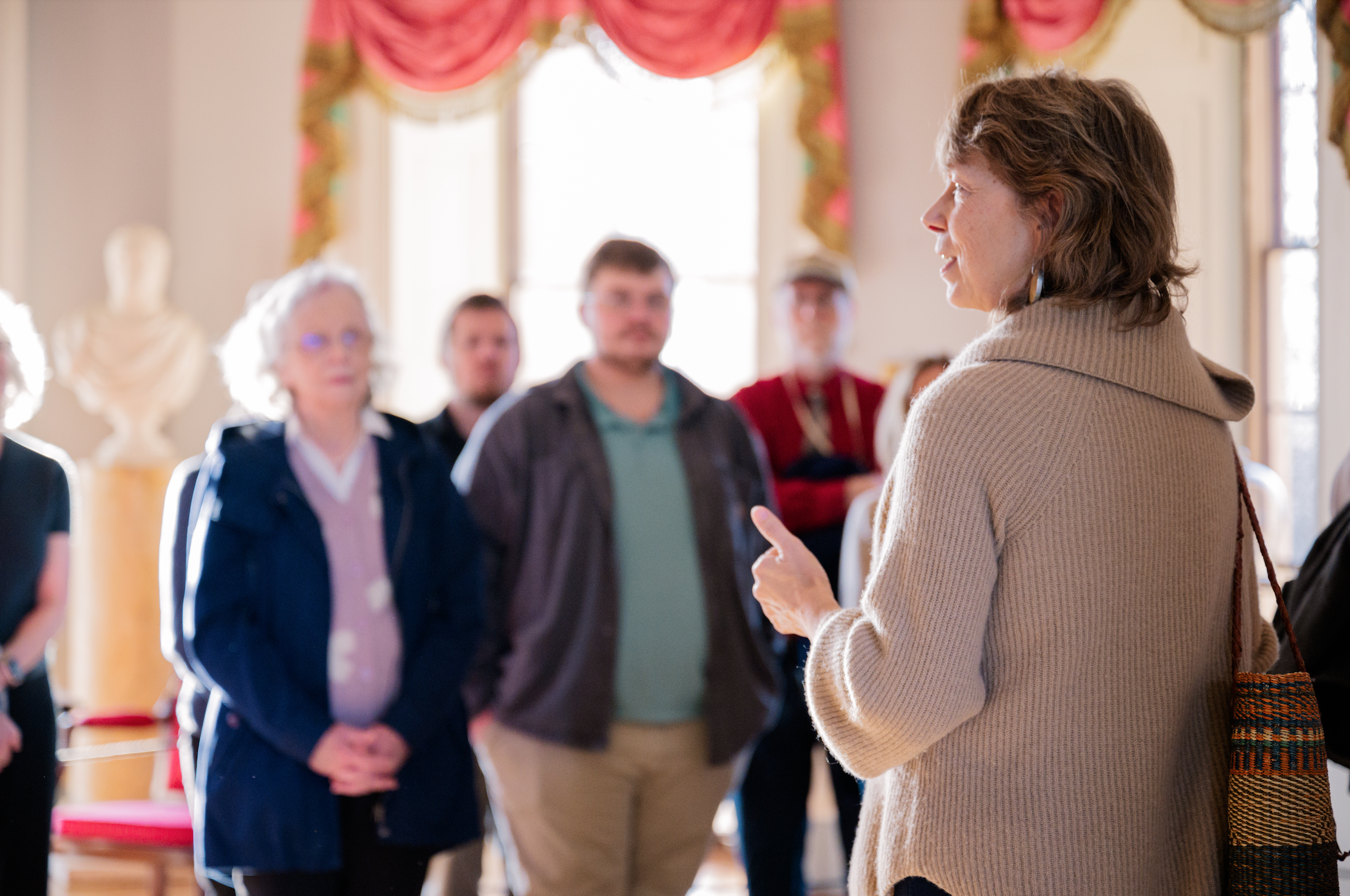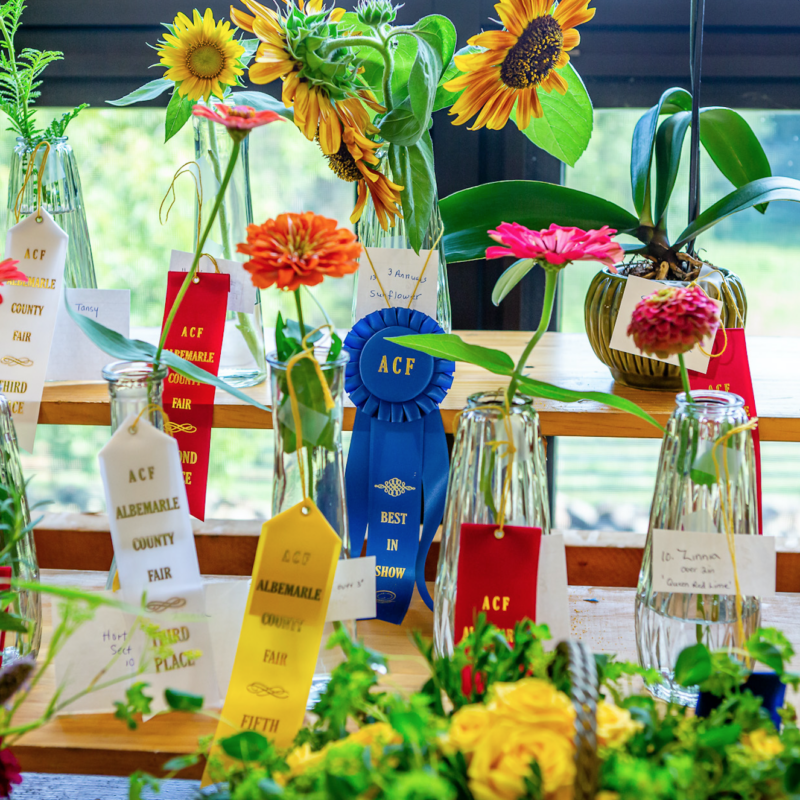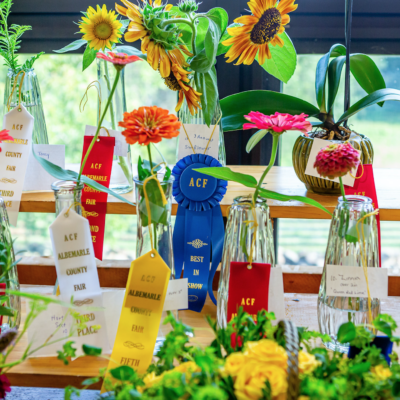Often when I eat out, I ask if the chefs would make whatever they like. While the request can perplex some servers, a little persistence can usually have it delivered to the kitchen. I figure that no one has a more reliable opinion of a restaurant’s food than those who prepare it.
The Japanese have a word for this way of eating: omakase. Say it at any decent sushi restaurant, and the chef will present a parade of tastes, one item at a time. Omakase has its roots in the Japanese term for “entrust,” and it does require a certain degree of trust that the chef will make good choices, rather than exploit the chance to dispose of undesired fish.
Yoshihiro Tauchi warrants your trust. A sushi chef at the upscale TEN for seven years, Tauchi recently left to open the less upscale Kokoro Sushi Japanese Restaurant with his wife Yukiko in Miyako’s former York Place location. The “omakase” that appears on Kokoro’s menu actually refers to a platter of sushi selected by the chef, served all at once. But, with a little coaxing, Tauchi can be persuaded to serve a multi-course chef’s choice meal, particularly on slower nights when the kitchen is not overtaxed.
Ours began with a refreshing salad of greens, sprouts, avocado, and cucumber, with a bright carrot-ginger dressing to spoon atop. Next was a bean curd and seaweed salad, rich in umami, served in a delicate porcelain bowl which, our cheerful server told us, was more than 100 years old. That was followed by a beautiful play on sushi—two cylinders resembling maki rolls, with cucumber playing the part of seaweed, encasing shrimp, raw yellowtail, and avocado, alongside ponzu sauce for dipping.
Then, a medallion of pork belly stood beside a soft-boiled egg, sliced in half, and had the deep, heady flavors of a slow, aromatic braise. Finally, there was a whole head of Japanese fish called madai, from which we plucked flesh to swirl in a bath of thick, sweet sauce reminiscent of unagi.
While all of these were delicious, the star of the show at Kokoro is the raw fish. The ice boat of sashimi and nigiri that ended our meal left no doubt that Tauchi has a way with sourcing and slicing fish.
A native of Japan, Tauchi entered the food industry nearly thirty years ago, processing fish for a seafood company in New York City. All day, Tauchi would deconstruct enormous whole tuna into pieces suitable for sale to top sushi restaurants around New York. When the work began to take a toll on his back, Tauchi moved on to sushi restaurants, where he honed his knife skills even further, and eventually came to Charlottesville in 1998 to run the sushi counter at Foods of All Nations.
In 2006, Nobu-trained chef Bryan Emperor lured Tauchi to join him in opening the kitchen at TEN. Tauchi said he enjoyed his seven years there, but the death of his father last January made him wonder if it was time to open his own place.
“I realized that I have just one life, and I wanted to make something of it,” Tauchi said. In December of last year, Kokoro was born.
Bluefin tuna is not everyone’s favorite sushi fish, with a reputation marred by the tasteless, half-frozen slabs some places serve. At Kokoro, however, it is remarkable, particularly the maguro toro, or bluefin tuna belly. The luscious mouthfeel and clean flavor of Tauchi’s morsels of tuna reflect his years of experience. After all that time Tauchi spent with maguro, it remains his favorite fish for sushi.
Tauchi’s other menu favorites are a nod to his birthplace, Shikoku. Japan’s fourth largest island, it is famous for madai, the Japanese fish we first enjoyed as a whole head. Tauchi flies his madai in from Shokoku, ensuring not just freshness but top sourcing. Prized for its flavor and texture, it was delicious both as sashimi and nigiri.
Tauchi also likes yakibuta tamago meshi, a heaping bowl of rice topped with slices of roast pork in teriyaki sauce and a fried egg. Popular in Shikoku, Tauchi calls it “soul food.”
And, finally, Tauchi loves ramen. This works out well because the Japanese dish of noodles in broth is having its moment right now in American food culture, part of a trend that started in metropolitan areas and is spreading across the country. Charlottesville ramen lovers can get their fix at Kokoro on weekdays for lunch, and choose from a miso or soy broth, both made from scratch.
Kokoro means heart in Japanese, and Tauchi and his wife chose the name, he said, because both the food and the service come from their hearts. And, he said, he wants his guests to leave with their hearts happy. If you follow Tauchi’s lead, that seems a safe bet.




